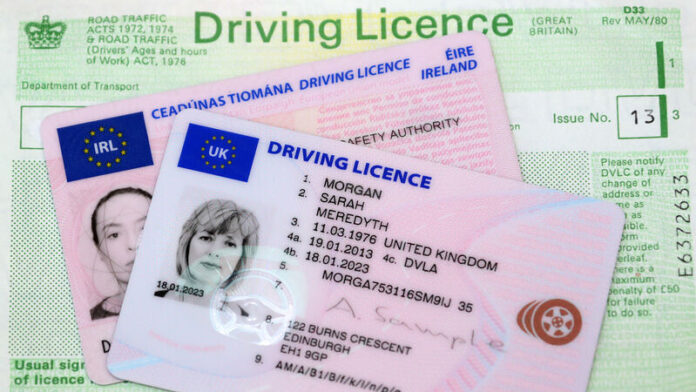BRUSSELS (CHATNEWSTV) — In a major move to improve road safety across Europe, the Council of the European Union adopted its negotiating position Thursday on new rules for recognizing driving disqualifications across member states. The directive, part of the EU’s “road safety package,” aims to ensure that serious traffic offenders face consistent consequences, regardless of where they committed the offence.
“This is a key piece of legislation for road safety in Europe,” said Bálint Nagy, Hungary’s minister of state for transport.
“By ending the relative impunity of non-resident serious traffic offenders, the new law—once adopted—will improve safety on European roads. Drivers who had their driving licence withdrawn in one member state for serious breaches will be taken off the roads across the EU.”
The proposal requires the member state that issued the driving licence to enforce driving disqualifications imposed in another member state for serious traffic offences. However, the Council opted for a mechanism based on mutual recognition of driving licences, rather than the EU-wide enforcement initially proposed by the European Commission.
The Council’s position includes several features aimed at ensuring practical implementation:
Clear Definitions: Driving disqualifications are standardized, allowing member states to implement the directive regardless of national differences.
Limited Scope: Disqualifications lasting less than three months or with less than one month remaining are excluded, reducing administrative burden.
Digital Exchange: All data will be securely exchanged via the EU driving licence network (RESPER).
Flexibility for Member States: Countries retain the ability to impose additional conditions and assess drivers’ fitness under national law.
The directive also introduces a review clause to consider extending its scope to additional offences or repeat offenders.
The directive is a critical component of the EU’s road safety strategy, which targets zero deaths and serious injuries on EU roads by 2050. Despite recent improvements, road fatalities increased by 4% in 2022 compared to 2021, underscoring the urgency of new measures.
“The pace of progress is insufficient,” Nagy said. “This legislation is an essential step to reduce fatalities and injuries across Europe.”
With the Council’s negotiating mandate secured, talks with the European Parliament will begin, aiming for a swift agreement. The directive complements other measures in the “road safety package,” including revisions to driving licence rules and cross-border enforcement directives.
If adopted, member states will have three years to implement the directive, marking a significant step toward achieving the EU’s medium-term goal of halving road deaths and injuries by 2030.
 Donate
Donate



